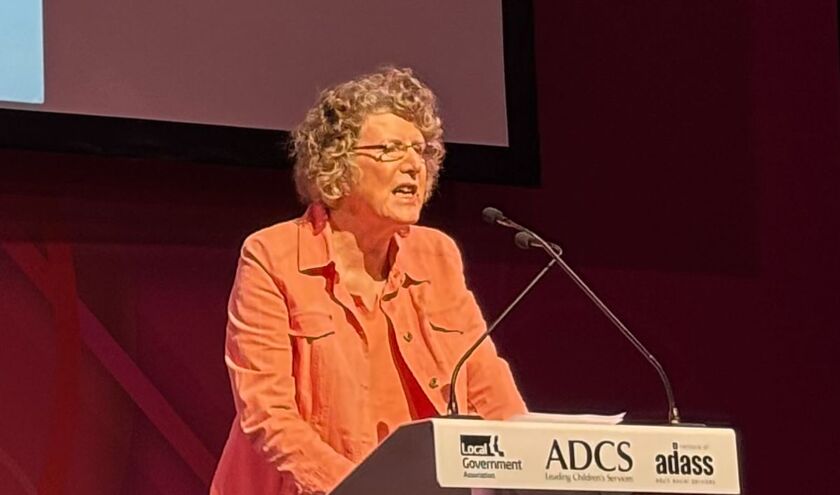Speaking today during the NCASC Conference in Bournemouth, Dr Taylor said local government must not be a ‘guest in NHS-led processes, nor a contingency plan when hospital pressures spike'.
The council leader spoke of ‘tensions' and ‘financial pressures' which have led to ‘cost-shunting between agencies or strained relationships between partners', adding ‘it is essential we see changes at both the national level, as well locally, to foster more open and collaborative relationships and recentre activity around people'.
Dr Taylor said neighbourhood health models offered a way forward ‘but only if they are truly shaped by place, not just designed around 50,000-population footprints or led exclusively by the acute sector'.
She said: ‘Councils understand their communities, their assets and their inequalities; we must ensure neighbourhood models build on that existing expertise.
‘Health and Wellbeing Boards, with their deep roots and democratic legitimacy, will be essential to making that vision real.
‘We know that public health measures that prevent ill-health are more cost-effective than treating illness.
‘Investing in upstream services helps us to drive down long-term costs and improves health outcomes.'
Ahead of today's Budget, the LGA called for restoration of the Public Health Grant, which has suffered a cut of 27% in real terms since 2015/16 and for a move to multi-year settlements to enable longer-term planning.



